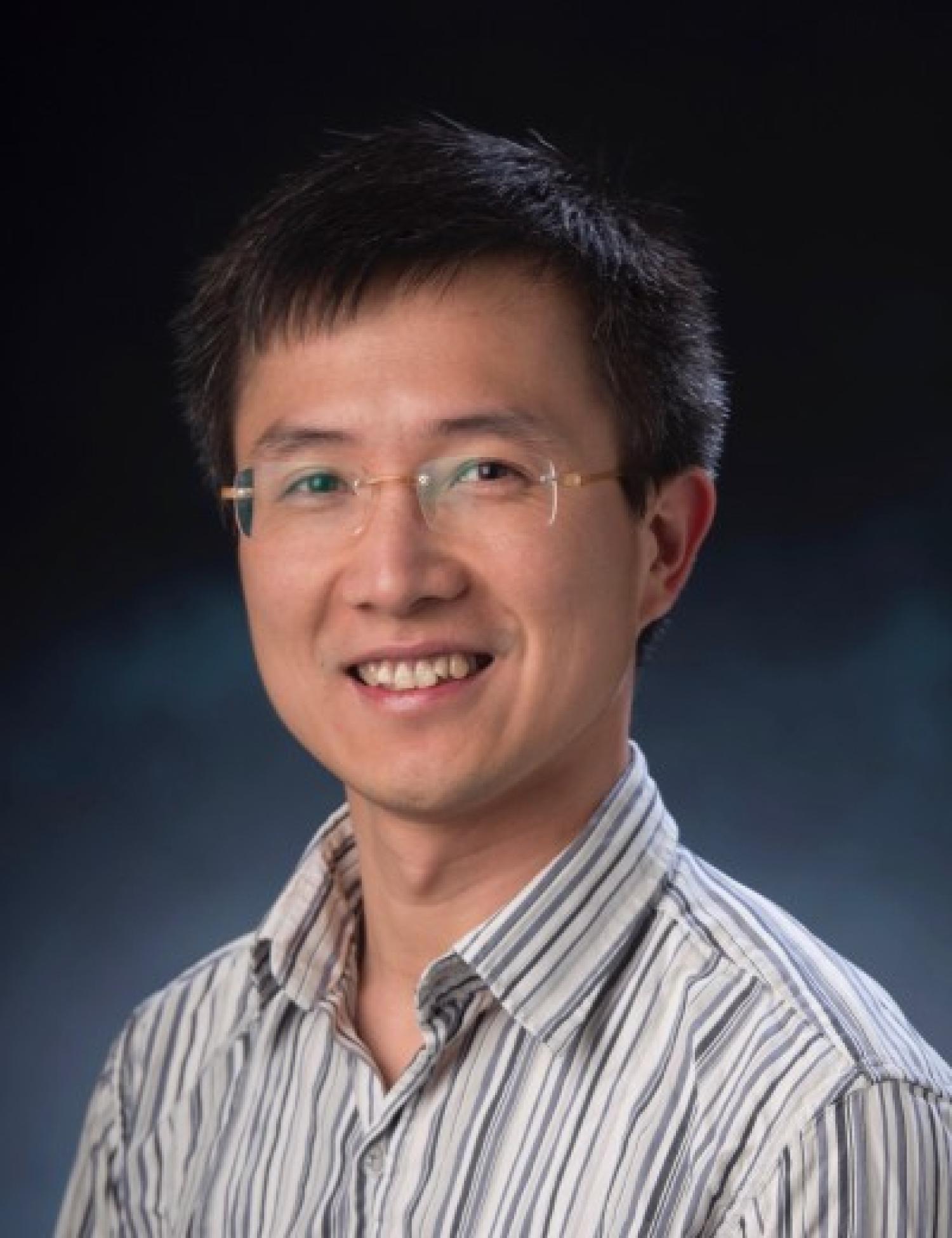Ultra-efficient power converters for data centers getting attention from industry

With the growing demand for online data and cloud computing, data centers are becoming one of the fastest-growing loads on the U.S. electrical grid and a major source of global carbon emissions.
A large part of this energy consumption – expected to hit 73 billion kWh or $7.3 billion by 2020 – is caused by inefficiencies of power conversion stages. That’s why Assistant Professor Hanh-Phuc Le and his team are working on a more efficient power converter family and power delivery architectures for the future’s “green” data centers.
They recently demonstrated a new hybrid converter with a peak efficiency of over 95 percent for a challenging large conversion ratio (48V input to 1-2V output). With this performance, the design achieves two times less heat dissipation for a four times larger conversation ratio compared with current commercial products.
The first demonstration was published and presented at the 2018 IEEE Energy Conversion Congress and Exposition. Since then, the work has drawn a lot of attention from the industry and academic research community, with coverage in media outlets like EPC’s GaNTalk blog and Medium.
Most significantly, the work was featured on the front page of PowerPulse.net, a popular site with more than 50,000 subscribers. The site’s goal is to help the power engineering community "keep pace with relentless innovation, influence the conversation and take your insights to another level.”
Le said more interesting news about this research program will be available next year, with three papers from his group accepted as lecture presentations at the Applied Power Electronics Conference (APEC), the most respected premier conference in applied power electronics, and other work in the pipeline.
The research aligns well with the needs and interests of many leading companies in the field, including Intel, Google, Facebook, Oracle, IBM and Texas Instruments, as well as government agencies like NSF, the Department of Energy, ARPA-E and the Department of Defense. Le’s group has been sponsored by Oracle Labs and received a grant from NSF’s Division of ECCS for this research.

